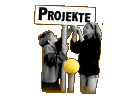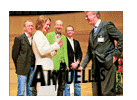Documentaries |
| Late reader: Everywhere where letters appear in public, they come under pressure: for example in a restaurant, where they are supposed to choose a dish but from the menu can discern nothing. Over four millions people in Germany with literacy problems are ashamed and risk everything so that nobody hears about their weakness. They often reveal their secret to only one single person because they need someone to provide for all their writing needs. Mensch! Alltag, 29’40, 22.2.2003, SWR RP television. Honoured with the Dietrich Oppenberg media price 2003 |
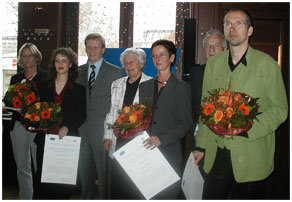
Dietrich Oppenberg media award, Wiesbaden 2003
|
| Biotechnology Made in Germany: A young sector stands the test. Portrait of the biotechnology in Germany: nine quite different companies with various ideas of business, show the laborious way from the scientific idea to the manufactured product, 50’, DVD in the order of the German Federal Ministry of Education and Research, 2004 |
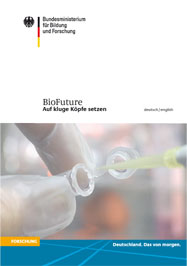 |
| BioFuture. Backing clever heads. Five prize-winners (1.5 m. € each,) and their ideas. Where do they stand after five years at the end of the project? 26 ', DVD in the order of the German Federal Ministry of Education and Research, 2005 |
 |
| Work in the death zone, the liquidators of Chernobyl. 20 years ago Georgij Reichman lived with his family in Pripjat within proximity to the reactor of Chernobyl. On the day of April 26th, 1986 he heard in the street that there has been a disturbance. However, he did not suspect yet what had actually happened. 14’40, 26.04.2006, ZDF-Dokukanal |
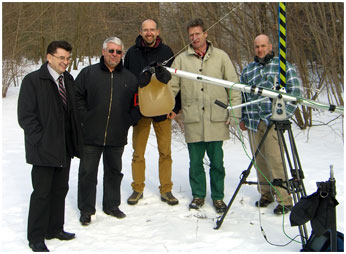
A Shooting with a camera crane by the contaminated city Pripjat. Georgij Reichman stands leftmost.
|
| The neighbours of Chernobyl, 20 years after the catastrophe: Anastasia Fedosenko fetches her water from the fountain every morning. She lives 30 km remote from Chernobyl in a small village in Belarus. 70 per cent of the radioactive precipitation fell on Belarus . Most of this in the district Gomel, where her village belongs.14’36, 26.4.2006, ZDF-Dokukanal |
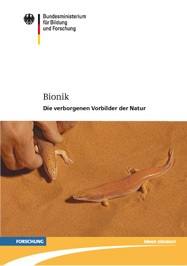 |


